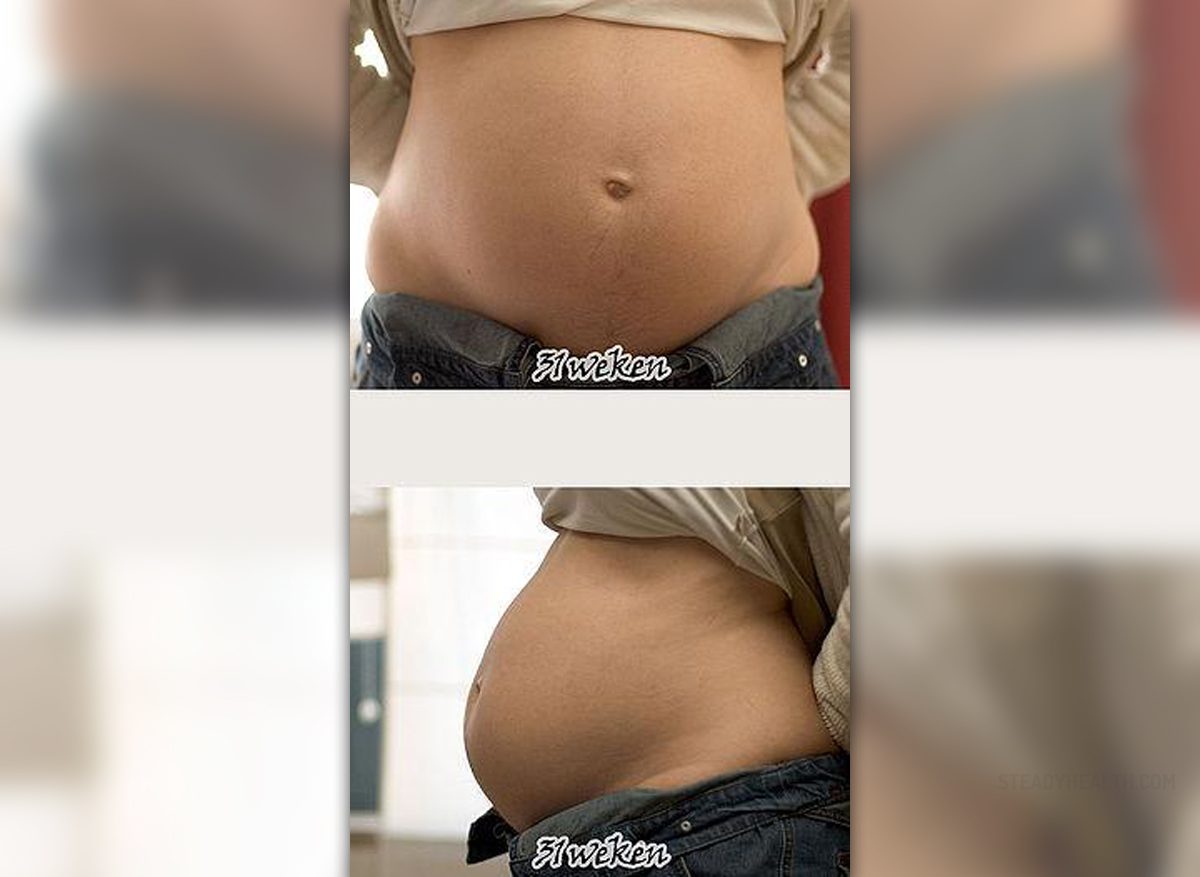
As far as medical experts are concerned, they claim that symptoms of any pregnancy appear after the fifth or sixth week following the conception. However, this does not necessarily have to be this way, since many women claim that they can experience signs of pregnancy even after a single week. On the other hand, it takes months for some other future mothers to experience these symptoms.
Most symptoms usually emerge once the embryo starts creating the hormone called HCG. This takes place after fertilization of the egg and its implantation into the uterus. The main purpose of this hormone is protecting the egg from the immune cells the mother possesses. Since this whole process occurs between the 11th and 14th day after the conception, this period is the time when a pregnant woman may start noticing some changes affecting her organism. The HCG levels reach their peak at the 11th week of pregnancy. Then, the morning sickness and many other symptoms of pregnancy may start to subside.
The Symptoms of Pregnancy
Most symptoms of pregnancy match those of PMS. Therefore, after ovulation, many women may be prone to noticing pregnancy symptoms, even though these may not be actual signs of pregnancy. Basically, tender breasts, mood swings, bloating, frequent urination and some others, all are common signs of both PMS and pregnancy, often getting misinterpreted.
Once ovulation is complete, the female hormone progesterone levels increase, leading to an onset of symptoms which closely resemble pregnancy. However, again, pregnancy may not be the reason behind this. The symptoms tend to be stronger in intensity in women who use birth control pills, or women who have just stopped using these medications.
Progesterone is a hormone which serves a purpose of making the lining of the uterus stiffer, preparing the body for conception. Thus, if a pregnancy does take place, the levels of both estrogen and progesterone are supposed to be elevated. Moreover, these hormones are responsible for vomiting, nausea, bloating and breast tenderness. Additionally, progesterone stops menstruation from happening during pregnancy, stimulates your breast tissue to grow and keeps your uterus from contracting before its time.
Thus, if the pregnancy does not take place, progesterone levels drop and menstrual period engages, with all the PMS symptoms appearing about a week beforehand.
Signs of Early Pregnancy
If signs of PMS become abnormally intensive, this might be a sign of an early pregnancy. Cramping and bleeding can occur too, being signs of implantation. Thus, spotting may appear as a sign of an early pregnancy as well.
Additionally, missed period, along with all the symptoms mentioned above, all may act as signs of a pregnancy commencing. Note that morning sickness may strike only after the 6th week, along with some other signs. Nevertheless, taking a pregnancy test is the best way of being sure whether you are pregnant or not.















-Why-Some-Women-Take-This-Type-Of-Progesterone-During-Early-Pregnancy_f_280x120.jpg)
Your thoughts on this
Loading...